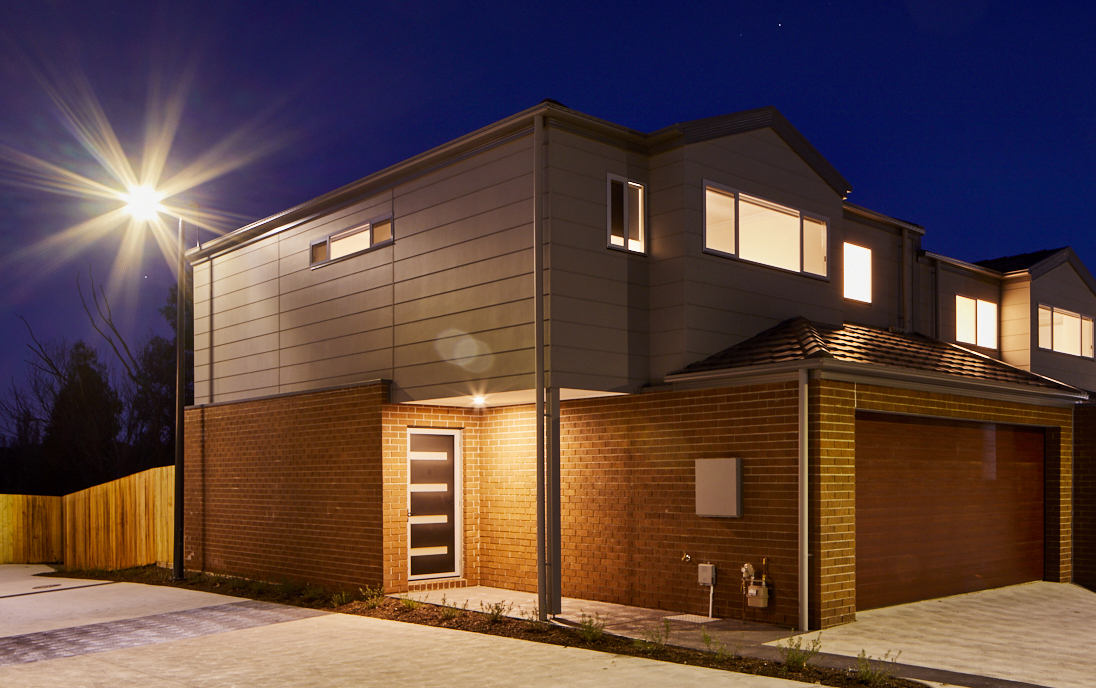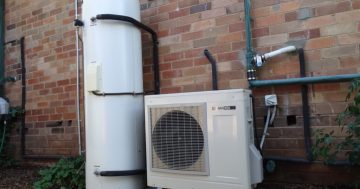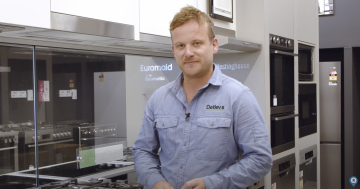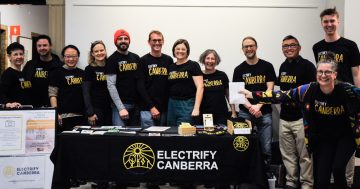
Detlev’s Electrical managing director Grae Munro shares some tips on how to make your home more energy efficient. Photo: Detlev’s Electrical.
An energy efficient home has benefits for both the environment, your comfort levels and your wallet. We spoke to Grae Munro from Detlevs Canberra about some of the ways – both big and small – homeowners can make their homes more energy efficient.
1. Install some simple DIY fixes that can make a big difference
One of the biggest ways houses can lose energy is through draughts and gaps in framework that allow hot air to escape in winter, or let the heat in during summer.
“Simple things like blocking draughts or cracks around doorframes and windowsills with foam strips, and making sure your bathroom fans have a back draught installed can make a big difference,” Grae says.
Equally, making sure your home has sufficient insulation in the ceiling and walls is important – especially if you have an older home.
“Things like heavy curtains and double glazing your windows can also help reduce energy being lost in your heating and cooling,” Grae adds.
2. Consider making the switch to electric
As well as the more easy fixes you can implement yourself, it’s worth considering what energy source your home is using.
“Electrical appliances use less energy, and are also easier to repair and maintain than gas,” Grae explains.
Having an electric or induction cooktop, electric hot water systems, and heating and cooling can make a big difference to your energy usage and that has a flow-on benefit to your bills, and the environment.
“It’s also becoming more cost-effective to make the switch, with various government rebates and offers that can help homeowners looking to move to electric,” Grae says.
It’s worthwhile to enlist the help of a professional to audit your home appliances and provide advice on where you could be transitioning in a cost-effective way. It’s also worth noting that newer appliances often leverage new technology to be more energy efficient.
“For example,” Grae says, “Heat pump dryers are way more energy efficient than the traditional vented dryers most of us are used to, and they’re competitively priced these days.”
Where once the cost of new appliances could be a deterrent, these technologies are becoming more accessible and are worth investigating.
3. Make use of the sun where you can
The orientation of your home can make a big difference to its energy efficiency. Depending on whether your home is north or south facing, you’ll be able to leverage sunlight and natural heating and cooling to your benefit.
Pay attention to how and when the sun enters your home, and time your use of heating or cooling appliances accordingly. If you’re thinking of building, take the orientation and outlook of your block into account in your design to make the most of natural energy efficiency.





















